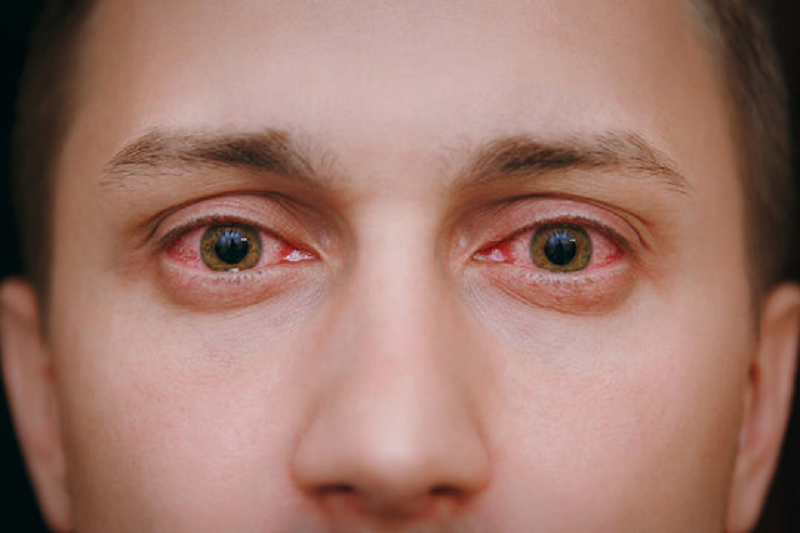Stress can be caused by a variety of factors, and different individuals may experience stress due to different reasons. Here are some common causes of stress:

-
Work-related stress: High workloads, long hours, tight deadlines, job insecurity, and conflicts with colleagues or superiors can contribute to work-related stress.
-
Personal relationships: Difficulties or conflicts in personal relationships, such as with family members, friends, or romantic partners, can lead to stress.
-
Financial pressures: Financial instability, debt, or the inability to meet financial obligations can be a significant source of stress for many people.
-
Life changes: Major life events and transitions, such as moving, starting a new job, getting married, divorce, or the loss of a loved one, can cause stress due to the adjustments and emotional challenges involved.
-

-
Health concerns: Chronic illnesses, acute health problems, or concerns about one's own health or the health of loved ones can be stressful and create anxiety.
-
Academic pressure: Students may experience stress due to the demands of academics, such as exams, assignments, and the pressure to perform well.
-
Traumatic experiences: Past or ongoing trauma, including physical or emotional abuse, accidents, or natural disasters, can contribute to chronic stress.
-
Lifestyle factors: Unhealthy lifestyle choices, such as poor diet, lack of exercise, inadequate sleep, or excessive use of drugs or alcohol, can increase stress levels.
-
Environmental factors: Environmental stressors, such as noise, pollution, overcrowding, or living in an unsafe neighborhood, can impact an individual's stress levels.
-
Internal factors: Some people may be more prone to stress due to their personality traits, such as being highly self-critical, perfectionistic, or having a tendency to worry excessively.
-

It's important to note that each individual may respond differently to various stressors, and what causes stress for one person may not affect another person in the same way. It's essential to identify personal triggers and develop effective coping mechanisms to manage stress effectively.
(PC: Freepik)










